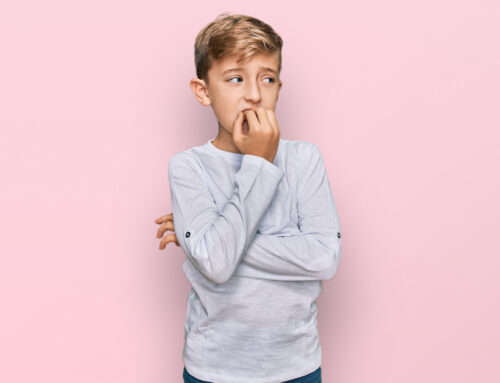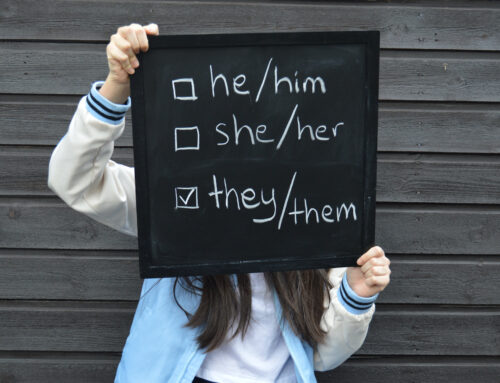For a multitude of reasons, childhood anxiety is being diagnosed at increasingly higher rates over the past several decades. While factors such as genetics, social media, or societal pressures may play a causal role, research has also consistently demonstrated the powerful mediating influence that parents can have on their child’s emotional functioning. As parenting anxious children carries its own particular set of challenges, without an instruction manual, the most loving and supportive parents often unintentionally increase their children’s anxiety; our natural, parental instincts to protect our children and alleviate their worries may cause us to behave in ways that actually, and unintentionally, reinforce them. Constantly providing reassurance, over-empathizing with worries, and attending too much to stressors – while perhaps providing mild and immediate relief – actually go a long way to both reinforce and exacerbate our children’s anxiety. The line is a fine one and can often leave parents wondering, “So how much is too much and how do I communicate care and concern without “over-empathizing?”
The good news is that there are clear, empirically supported answers to these questions. While professional support is often indicated, anxiety is highly treatable and parents are an essential part of the process. Both parents and children can learn strategies to minimize symptoms and improve their overall quality of life.
To learn more, contact a mental health professional or visit https://www.georgetown-psychology.com/news/ to register for Dr. Maria Zimmitt’s parent-centered workshop on child anxiety.





